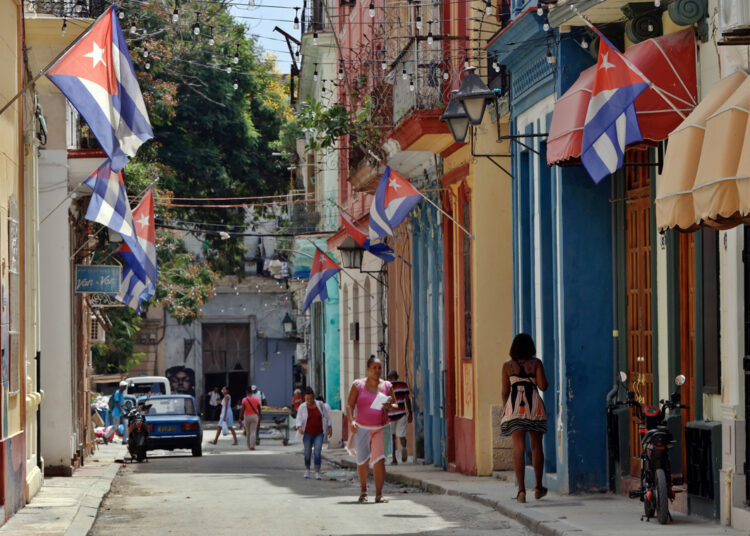No political challenge today compares with finding ways to socialize those born into the new circumstances with leftist values.
According to the National Office of Statistics and Information (ONEI), there were nearly 2.4 million [2,367,623] live births between 1990 and 2005. Of those, the ones who survive today would be between 20 and 34 years old. Nearly 1.7 million [1,684,788] resided in Cuba (2024). This figure is equivalent to 17% of the total population, which, as is known, is 9.748 million (2024).
What is unique about this group in relation to the country’s political history?
It is often emphasized that their experience of socialism dates back to the Special Period: declining levels of well-being, lower expectations, growing inequality, poverty, a decrease in the correlation between skills and social status, and greater uncertainty.
It is pointed out that they are a significant part of the longest migration cycle of the last 65 years. In addition to the above, strict regulations on travel and return to the country have been lifted in the last twelve years. All of which explains why a portion of those born since 1990 no longer reside here permanently.
When this group of young people is mentioned, however, it is often overlooked that they are the first in the last sixty years to have lived under three different leaderships: Fidel, Raúl and Díaz-Canel.
To round out the number of today’s youth, we would have to add the half million between the ages of 15 and 19 who have only known the Cuba presided over by Raúl and Díaz-Canel. This total of more than 2 million [2,202,302] young people is equivalent to a little more than 22.6% of the total population (2024).
That is to say, unlike previous young people, who were socialized and politicized in a process led by Fidel, today they have known at least two top leaders. And, in any case, most of their youthful years have been spent during the post-Fidel political leadership transformation.
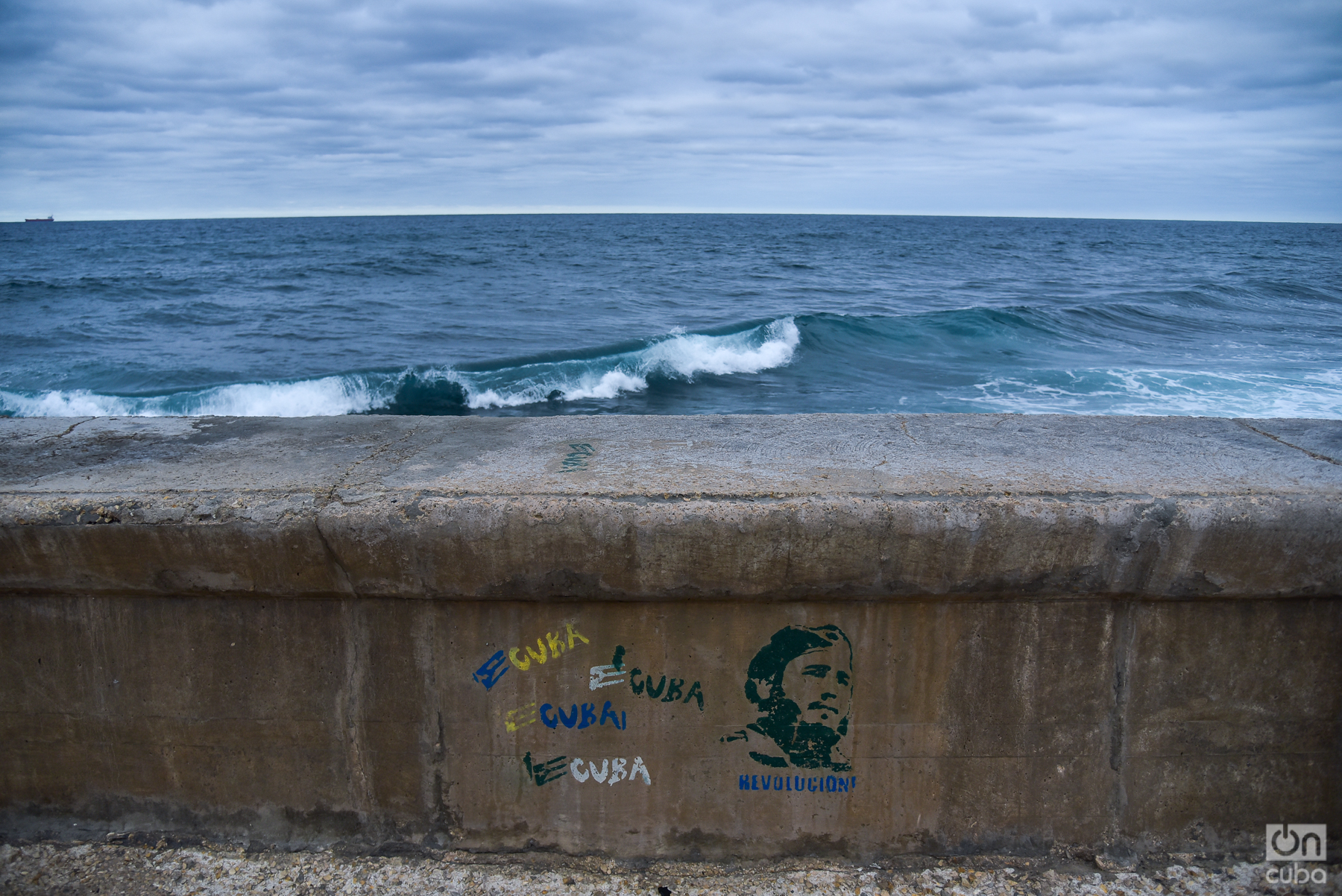
Naturally, it is not possible to address the problem mentioned at the beginning without relating it to the real, existing society and its original political culture.
In that society, the majority is made up of those whose political formative years took place under Fidel’s aegis. Those who were 30 when he ceased to direct the policies of the Revolution (2008) are now 47. So, at least from that age onward, all current Cubans lived their youth with him as the sole reference for the ideas and practices of socialism on the island.
Of that majority, a considerable proportion are now over 65 years old. According to the most recent census data, they represent almost a quarter of the resident population.
Of course, that quarter of Cubans includes many who are not marginalized from the country’s social and political life — quite the contrary. Most of them continue to vote, express their opinions, participate in various ways, and in many cases even work and hold positions of responsibility.
During the debates surrounding the referendums on the Constitution and the Family Code, these Cubans over 60 actively participated. In fact, many hold high-level positions in the government, the Communist Party of Cuba (PCC) and the National Assembly of People’s Power (ANPP). They have also been among those driving the ongoing transformations or promoting them from civil society.
The fact that people over 60 continue to be active citizens and also hold government positions is not news anywhere in the world. Within this pattern, the recent decision to allow them to be elected president of the Republic in Cuba, as recently approved by the National Assembly of People’s Power, is consistent. This is especially true in a society where one in four citizens is over 65.
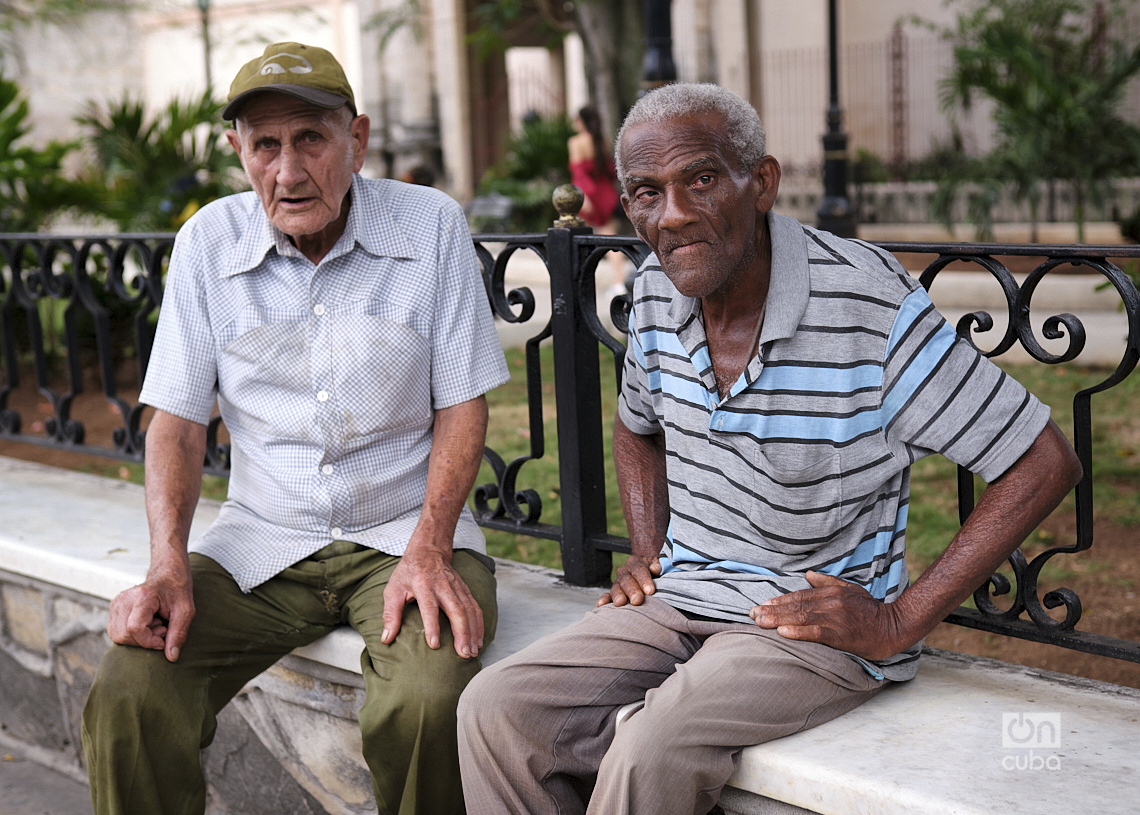
To put the renewal of the government and the transformation of political leadership into perspective, and in particular the experience of this transformation with the reconstruction of a socialist consensus, especially among younger groups, but also among the age spectrum mentioned above, it is useful to review some political issues from the perspective of the left’s thought in today’s Cuba.
To that end, I will share some ideas gleaned from interviews with thinkers of that left between the ages of 35 and 60, whom I interviewed recently for a research project on our current left. Although I don’t intend for their ideas to be representative of a survey, their views reflect those of different age groups.
Beyond their specific professions and dedication, Georgina Alfonso, Llanisca Lugo and Fabio Fernández belong to that class of intellectuals capable of explaining complex problems and processes and illuminating areas of social, political and cultural life that are often simplified in digital chronicles and that are not always interrelated in academic research.
The following are some of their responses to my barrage of questions.
Georgina Alfonso (aged 49-59)
There can be no left without a capacity for criticism and creation, one that does not confront patriarchy, racism, ethnocentrism, homophobia, the depredation of nature, inequalities, poverty, and the way power is exercised. In the sense that a revolutionary process cannot be content with itself, nor can it accept forms of oppression, bureaucracy, corruption, according to Fidel Castro himself.
It must foster spaces for meeting and dialogue, drawing on the experience of what happens where there is the greatest poverty, inequality, discrimination, forms of oppression associated with work, the appropriation of production and family life. Optimize the timeframe for change so that people feel their living conditions are improving, rather than a future so distant that it never arrives, and where they stop feeling like victims and become active social subjects.
The issues that provoke debate within the left focus on three fundamental points:
1) how to conduct the process of socializing the production and reproduction of social life;
2) what the most effective forms of exercising power will be, the relationship between the state and citizens and the very notion of the people as a political subject; and
3) the links between institutions, the nation’s single party, and people’s power.
The tensions between the political situation and the meanings of the socialist process conflict over issues such as the exercise of democracy, citizen representation, power, management and social control, and the project for a future society. This is not just a conceptual debate, but a dispute over the meanings of the future.
The conditions for strengthening a socialist rule of law, the effective exercise of participatory and protagonist democracy, the contradiction that can arise between political leadership and the processes of political production in general, and of cultural production in society, mark the different visions.
There are acute tensions regarding the centralization and decentralization of decision-making, the representativeness of the institutional order, respect for regulations, the relationships between regulations and social processes. And about how to conduct politics, rather than administer it, claiming the conditions, rights and opportunities to truly advance on the path toward equity.
The question of which elements give credibility to a socialist project concerns people’s participation and control, assuming that the source of law in Cuba is the process itself, and that the moral axis of Cuban socialism is the democratic project.
This concerns the socialization of power, transparency and the collegial conduction of politics, and the political meanings of all democratic management, the work of human dignity and social justice.
In this debate, the most worrying aspect is the lack of strategy and common goals on the part of the different currents of the left, the realignment within this logic of a new mode of capital, as well as of a dogmatic left: this previously led to the failure of the socialist experience because it lacks the capacity for dialogue, proposals and alternatives. And it is located in certain spaces of power, hindering the capacity and possibility of new dialogues, meetings and new proposals, of an emerging social force in the new conditions of Cuba and the world.
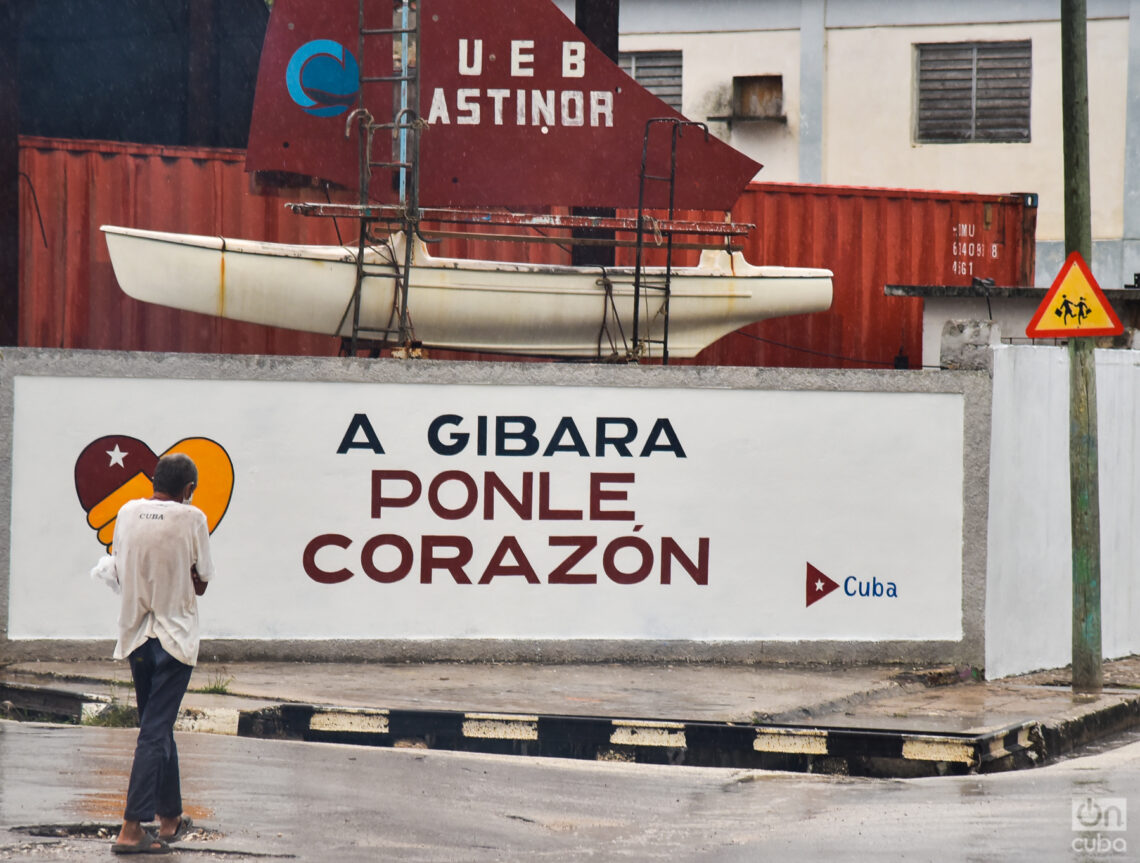
Llanisca Lugo (aged 40-49)
The left is having great difficulty in Cuba contesting subjectivity, rebuilding a hegemony of socialist values and meanings. In a line, at a school, at a mothers’ meeting, you increasingly feel that your ideas are a minority in the overall reproduction of life.
We no longer guarantee collective spaces, nor are we a source of meaning in life for an emancipatory project for the people. That’s why people abandon organized spaces to go to churches, which give them certainty, solidarity and community, instead of to the Committee for the Defense of the Revolution (CDR) meeting.
It would be necessary to rebuild that collective subject of the Revolution with all working people, including those who sell on the street, and who live in a peripheral, informal economy.
We have a left that is very tied to the control of politics and a centralized view of its exercise, at any level, in any space, which distorts the understanding of the role of the Party, for example.
There is a left that interprets differently the idea of the Party as the leading force of society, something we can agree with. But let’s discuss what this means, how the Party can be more democratic, how it can be mass-based, work with the grassroots.
The Party, the government, the institutions, are instruments of a revolutionary project, and therefore, criticism of their practice, their exercise, is only an expression of people’s power. Pressure from the people to deepen the revolutionary capacity of organized people. The Revolution is not an administrative process. And the Party is a political force in charge of a group of things that have a special place in Cuba. But it is only the Party.
Although we are living in a time of crisis, we can make many advances in political discussion, in ideas toward the radicalization of a path of socialization of production, of power, of hope.
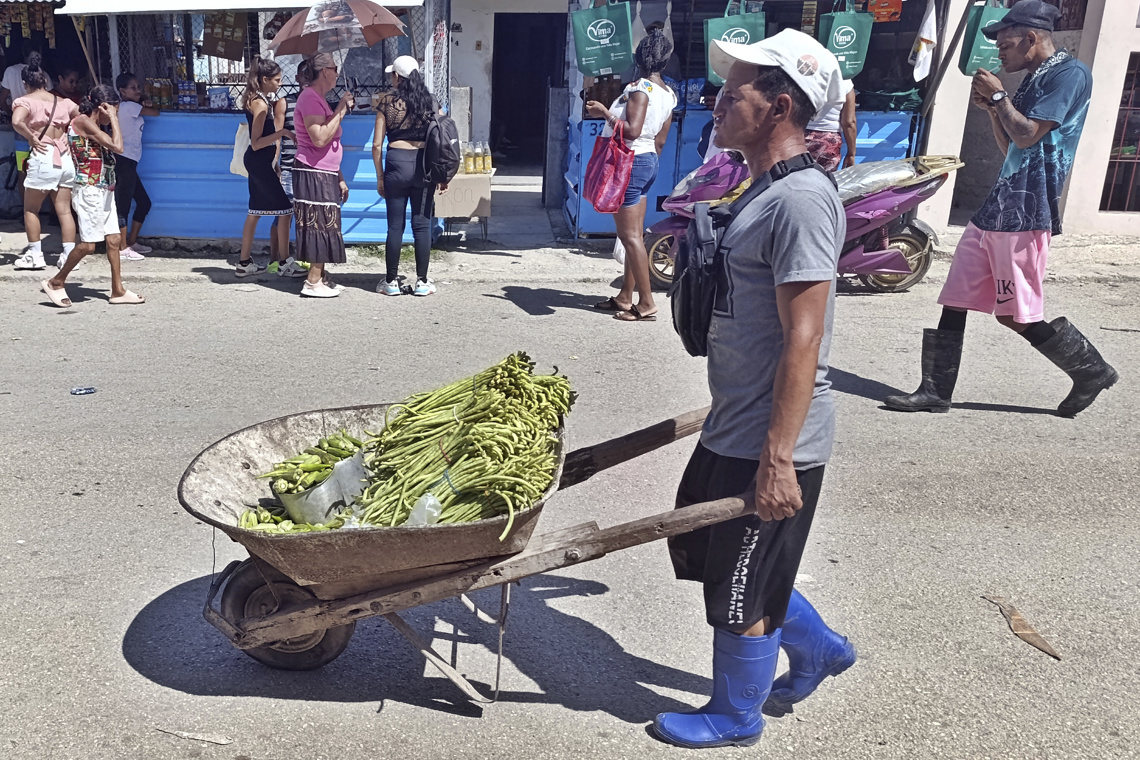
There is a left that may be against the policies of the Cuban state today because it feels they do not benefit the majority.
Fidel did not hesitate to criticize the Party, the leadership of the Revolution itself, at various times and in various processes. People were greatly mobilized by the things he said in terms of criticism and analysis.
Today we lack a culture of real self-criticism; we criticize ourselves in secret.
What relationship will the organized people have with the institutions, what obligations will the institutions have toward the organized people, what clear and distinct binding mechanisms will there be for everyone? These are questions to delve deeper into the project.
Any young Cuban on TikTok or YouTube posts a video and has 3,000 followers, because they have spoken from pain, from everyday life, and from an individual experience. Instead, a group of people organizes, reaches an agreement, publishes a small document, and 200 people see it. There’s also a crisis in politics in the organizational sense, in how the collective is built, in how we intervene collectively in politics.
It is an essential task for the left to engage with the whole of society, with the subjectivity of Cubans, with their desires, aspirations, pain, emigration and the immediate problems of the people.
Perhaps youth will surprise us; perhaps it will one day come from where we least expect it and create the beauty we failed to create, because we also sometimes feel responsible for organizing everything, for preparing, for educating, and perhaps we are not. Each stage, each generation, will take responsibility for its ruptures and continuities, its new methods, its new beauties, its ways of relating.
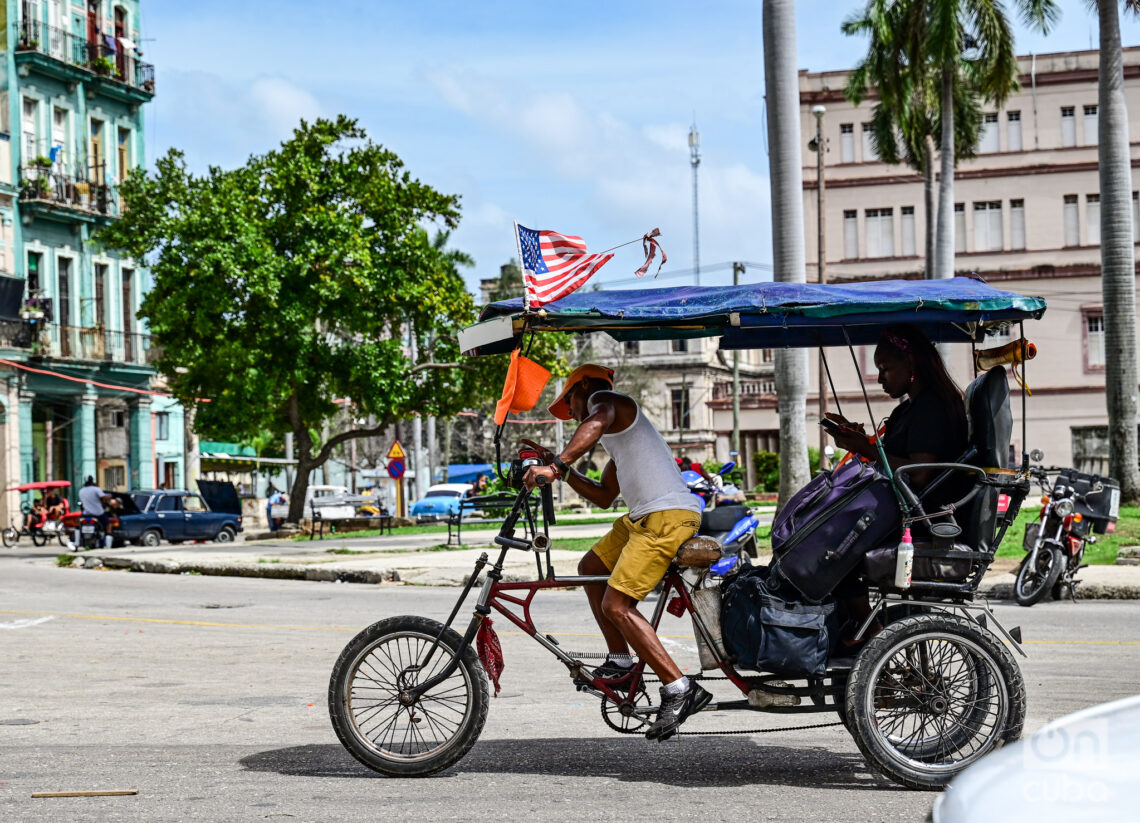
Fabio Fernández (aged 30-49)
The Cuban left is marked by two fundamental elements: the defense of a project anchored in national sovereignty, and a set of values understood as social justice. Although the definition of sovereignty and social justice distinguishes a level of plurality and diversity within that left.
A set of topics in the universe of more contemporary social struggles are embraced by one leftist tendency or another. Feminism, environmentalism, racial diversity or sexual diversity — not all equally.
There is also a way of thinking that can be dressed as leftist and that has a conservative and retrograde logic that would connect it to a traditional right with respect to contemporary social reality. They believe in a capitalism that is kind, in the social democratic version of capitalism, linked to the logic of the welfare state.
There is a left that continues to bet on utopia and its full potential for emancipation. And another that returns from that set of illusions and is content with an improvement on what exists. A left that has downplayed the possibility of dreaming and seeks to manage what exists more efficiently, not a radical transformation.
There are those who continue to think in the spirit of the 1960s, which for me would be fruitless. Others understand that those dreams need to be channeled differently. And others have advanced along a path that doesn’t involve challenging the capitalist system.
There is a current of leftist thought closely connected to the model of state-centric and state-latrous socialism that was once structured in Cuba, very close to Soviet thought in its worst form, which operates within the narrow codes of that complicated philosophy known as Marxism-Leninism. They view Cuban reality from that perspective and have not transcended that horizon of thought. They have little inclination toward dialogue, are very prone to stigmatizing those who think differently, to finding excuses not to engage in the debates the country needs. And they become unofficial spokespersons for hegemonic tendencies within the power structure, even in terms of their access to the media.
There is a tendency that I would call Guevarian. Generally speaking, very young people, who think about the Revolution from the perspective based on the codes of transformative utopia, and who challenge tactical or strategic flirtations with dynamics that advance along the path of capitalism.
This left has more questions than answers. But I don’t think the concrete project of what to do to resolve Cuba’s current crisis lies within them; nor do I think they manage to understand the real subject with whom they would have to engage in dialogue within the framework of a real, that is, a definitive and true, transformation of the country.
Another core of the left is less connected to a real exercise of thought and has more to do with a certain sensitivity. This manifests itself in issues such as sexual diversity, animal rights, environmental protection, and raciality. It’s a more emotional, more performative core, one that fosters a deeper exercise of reflection. Sometimes I think it’s more an aesthetic act than a true act of thought.
The most orthodox version of our left, in more than one sense, is power. From the very fact of being power, it acts, and has a real capacity for action.
The left we might call Guevarian, especially among younger people, I think has the capacity for small-scale political action right now; it doesn’t go beyond micro-scale spaces, it lacks the capacity for large-scale transformation.
The other left, which I said is more aesthetic, I don’t think has the capacity for political action either.
The left that moves along more social-democratic lines, I think it engages in politics, and today it articulates itself, I wouldn’t say as a counterpower, but rather as a pole of challenge: it constructs a discourse that resonates with significant segments — I wouldn’t say of the citizenry as a whole, but certainly of the Cuban intellectual sphere. It also engages in dialogue with that segment of our intellectual community that has moved toward more radical or more relaxed right-wing positions.
Who has the capacity for large-scale political action? I would say the more orthodox left, which is, in more than one sense, a power; and this other social-democratic left. This social-democratic right-left thinking dominates public debate, especially on social media.
In the legacy of Fidel and Che Guevara, there are grounds for challenging things that are wrong. There is a core in their thinking that can be the basis for a critical refoundation of socialism. Some tendencies on our left understand this and rely on that core.
We are at a time when political action manifests itself in the ability to penetrate subjectivities, to fight for them; the battle lies there, more than in other concrete political actions. There lies concrete political action: in getting people to start thinking about these codes.

